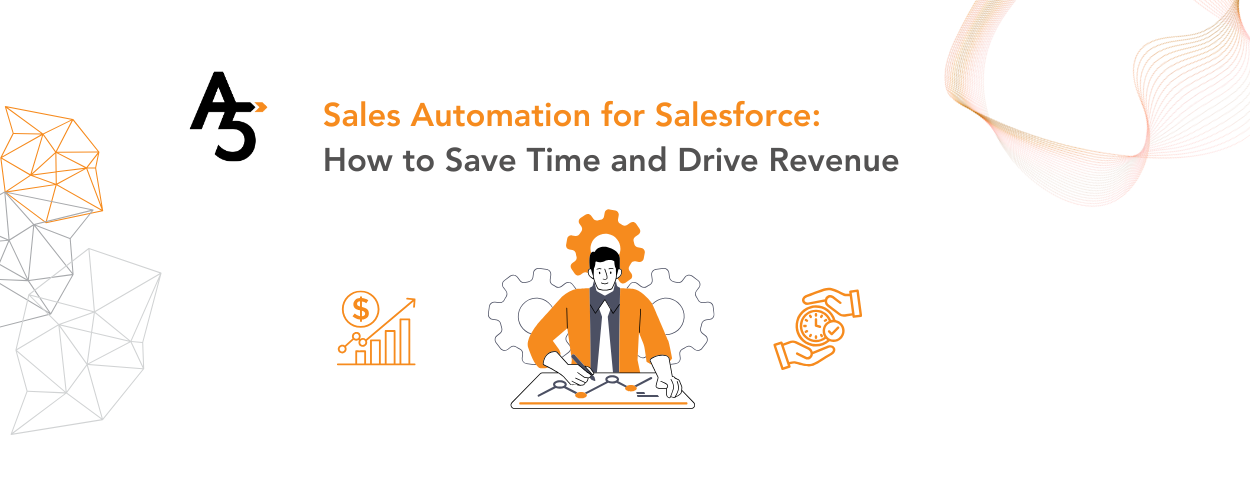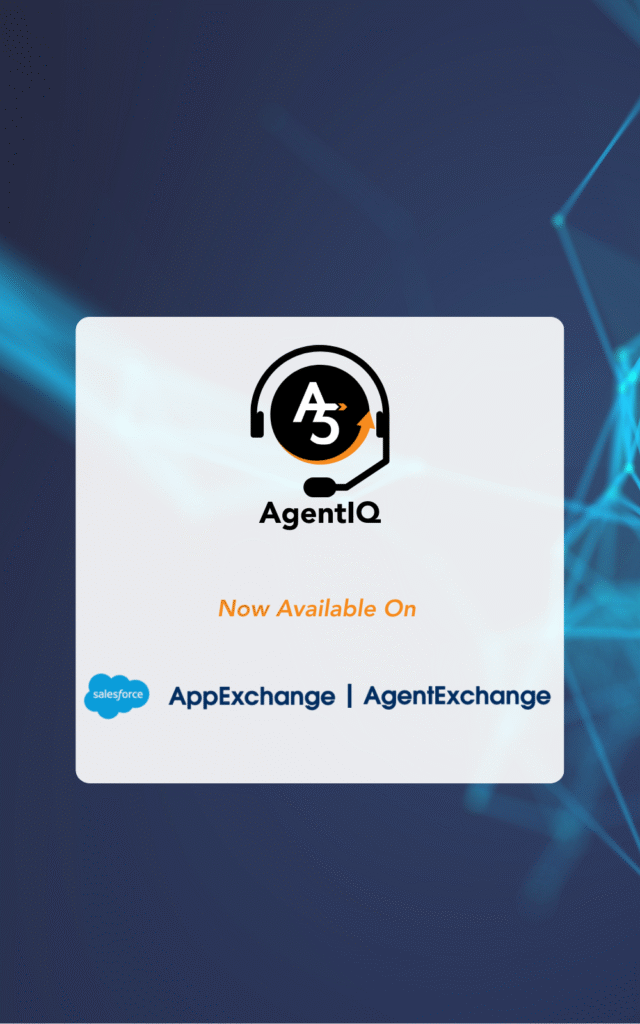Do you ever wonder when your business needs Data Governance? Answering that question might be simpler than you think. In 2024, organizations will realize that leveraging the power of data to create a strong data governance practice can lead to informed decisions and better outcomes. However, a recent Forrester study claims only 10% of enterprises take advantage of it. Let’s explore some signs that indicate your business could benefit from Data Governance.
Identifying Data Governance Challenges:
Why Data Governance Matters:
Data Governance ensures that the correct data is available for the proper purpose, at the right time, accessed by the right person, and linked to business processes. In the example above, data moves across various business applications from Lead to Cash. If any step in this process needs to be better defined or have misaligned data, it creates a gap where data issues can occur.
A critical aspect of data governance is the visibility of how data flows, hand-offs between functions and applications, and how the data requirements change as the data cycle matures. One size does not fit all for data: for example, the level of criticality and control for financial data is different from the governance level required for an inquiry. Data Governance procedures should reflect those nuances to ensure that the effort invested in governing data demonstrates the value and purpose of the data.
Other Data Governance Pitfalls

1. Do You Have All Your Data Resourcing Eggs In One Basket?

2. Do You Have Integration Gaps?
A lack of data integration across applications can result in different and misaligned data views in each application. However, integrating applications without consideration of data mastering and ‘Source of Truth’ can propagate data issues.

Busy managing symptoms, teams often overlook measuring the business impact of data issues. This can lead to team dysfunction, finger-pointing, frustration, and a poor customer experience.
Too often, teams manage the symptom, not the problem, and fail to identify this happening repeatedly across multiple touchpoints. For example, making data corrections in the billing system but not the CRM – would solve the immediate problem but not the recurrence if the next invoice is generated using the data from CRM.
In this situation, tracking metrics are critical to effectively surface the scale of the problem, which can be escalated through the management chain. Metrics are key to communicating the problem’s facts and size so that the required focus and action plan can be agreed to undertake the necessary remediation and focus on Data Governance.

4. Do You Need to Check The Connection Between Data Standards and Business Value?
Data Governance is often seen as optional in businesses; you know why you need sales, finance, and operations teams, but why do you need Data Governance? To get business buy-in, you must capture and address the business pain points associated with data. As previously mentioned above, facts and metrics are key to this, and in the earlier, example, implementing effective Data Governance for Lead to Cash would be expected to result in the following:
- Reduction In The Volume Of Payment Queries And Disputes
- Improved Debtor Days
- Reduced Number Of Credit Notes
- Improved Lead To Cash Efficiency
- Improved Customer Satisfaction (less queries, consistent & uniform view of their contact information)
According to a Statista report, modern privacy regulations will cover an estimated 75 percent of the global population by the end of 2024. Data privacy, protection, and governance have become global priorities. Legislation like the EU’s GDPR, Canada’s PIPEDA, and China’s PIPL demonstrate the scale of alignment achievable. This momentum emphasizes the importance of data governance and access control in business strategies. While implementing Data Governance may seem daunting, even starting with a focused review of people and processes can make a difference. If you suspect your business has a Data Governance gap, reach out to the A5 Data team for a discussion.





